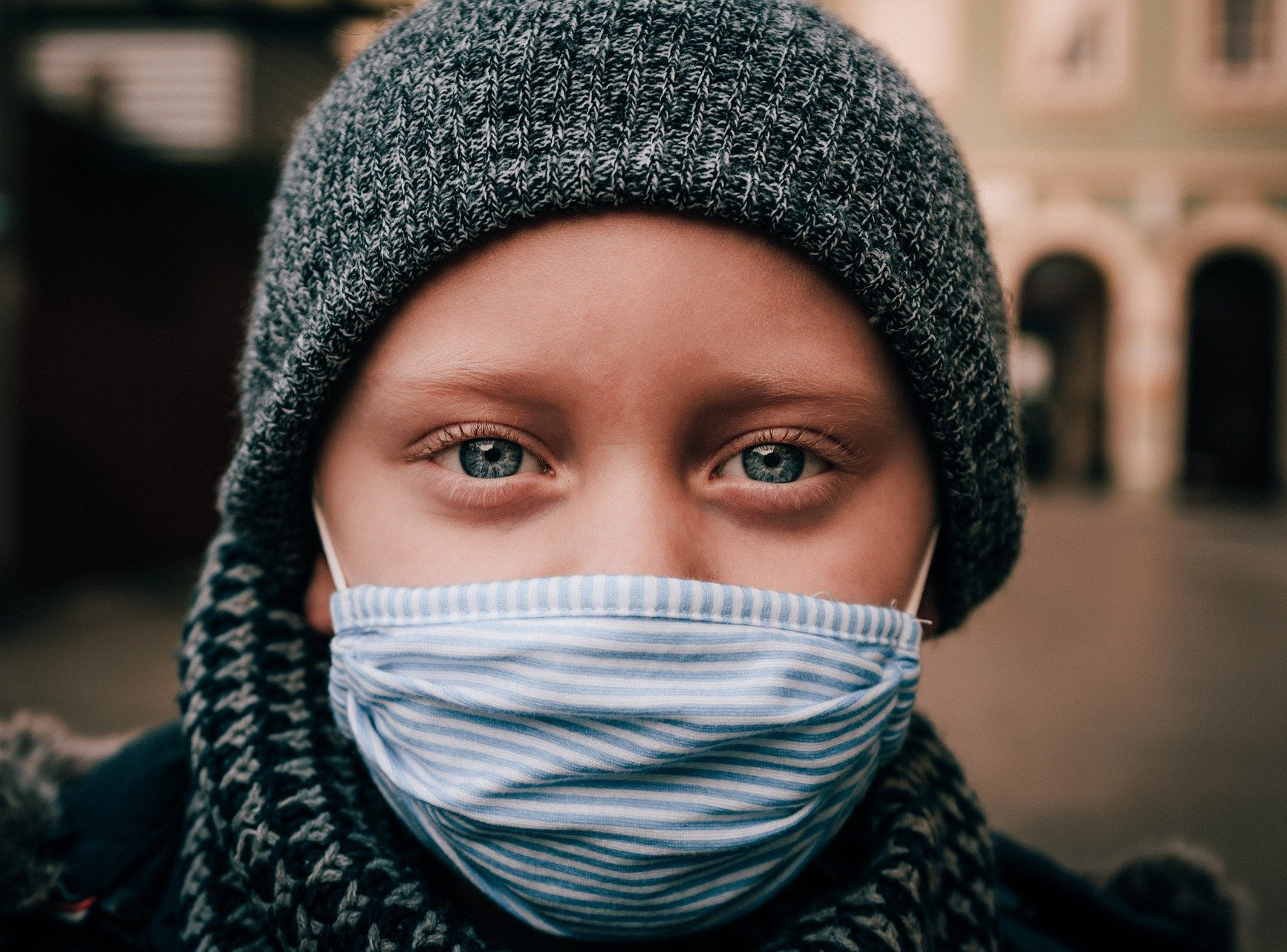 As many as one-third of COVID-19 cases are truly asymptomatic, and most are children, a new study suggests.
As many as one-third of COVID-19 cases are truly asymptomatic, and most are children, a new study suggests.
About one third of people infected with the SARS-CoV-2 virus do not exhibit any symptoms at all, according to a new study that reviewed over 350 research papers.
The review, led by Dr Pratha Sah, from the Yale School of Public Health, in the USA, found that 35.1% of COVID-19 infections reported across the analysed studies never developed clinical symptoms.
Among the elderly, the study found that 19.1% of cases were asymptomatic, and no association was found between asymptomaticity and geographic location or sex of the patient. However, the study found a significant association between health care facilities and levels of asymptomaticity. “…studies on long-term care facilities reported lower asymptomaticity compared with studies on healthcare facilities and household transmission,” the authors reported.
Why this study matters
A key finding of this new study is the high prevalence of children exhibiting no symptoms. The study estimated that about 46.7% of infected children did not exhibit any symptoms. The findings have important implications for current COVID-19 health policies, which, so far, are not strongly targeting children.
“This is especially concerning because settings with close, extensive contact among large groups of younger individuals are particularly susceptible to super spreader events of COVID-19, which may go undetected (if school authorities only watch for symptoms)”, she said in a news article.
In practice, this could mean that these asymptomatic children can still pass the virus to others, without anyone noticing they are infected. “Greater asymptomaticity at younger ages suggests that heightened vigilance is needed among these individuals, to prevent spillover into the broader community,” the authors wrote.
Currently, Australia has started efforts to include children in their vaccination plans. Recently, the TGA approved the Comirnaty (Pfizer) COVID-19 vaccine for children aged 12–15 year old. The decision has been backed by the Australian Technical Advisory Group on Immunisation (ATAGI), but only for certain groups of children, like children with certain conditions, or Indigenous children, or those in remote communities.
It remains to be seen when our remaining children will get access to the vaccine. To read more about children and COVID-19 vaccination, see this recent article, which highlights comments from five experts.

